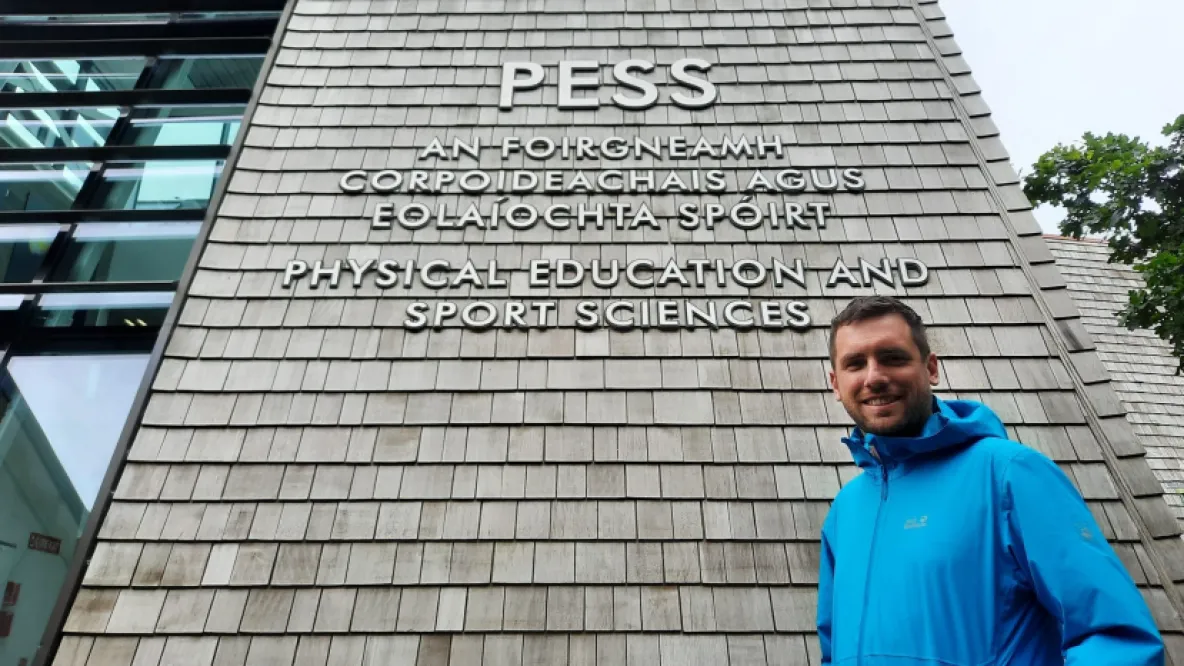
In a world where physical inactivity poses a significant public health challenge, the need for evidence-informed policymaking is more crucial than ever. Get to know PLATO – an innovative project aimed at co-creating a physical activity policy toolkit with policymakers from EU member states. PLATO stands for “Physical Activity Policy Toolkit,” and it seeks to bridge the gap between research and practical policy implementation.
The Structure of PLATO
PLATO is structured around three studies, each focusing on a different aspect:
- Comparative Mapping of Tools: The first study involves a systematic mapping of existing physical activity policy monitoring tools. This comparison provides an overview of what each tool contributes to physical activity policy monitoring and how they can inform future policymaking.
- Co-Assessment of Tools in Ireland and Germany: The second study focuses on assessing policy monitoring and evaluation tools in two EU member states – Ireland and Germany. Expert interviews will be conducted with government officials and stakeholders to evaluate the use of these tools in real-world settings, providing valuable insights into their applicability and impact.
- Co-Creation of a Physical Activity Policy Toolkit: The final study is based on a co-creation approach with the EU Physical Activity Focal Point Network which is composed of representatives of all 27 EU member states. Involving this network via a workshops and focus groups will ensure that the toolkit is not only guided by scientific evidence but also tailored to meet the diverse needs of EU member states.
Why PLATO Matters
Effective policies that promote physical activity lead to healthier populations and reduce healthcare costs. In recent years, a variety of tools have been developed to monitor and assess physical activity policy. The PLATO project aims to make sense of these tools and to inform policymakers how to use them for advancing the physical activity policy agenda in their respective countries.
By involving policymakers through a co-creation approach, PLATO ensures that the resulting toolkit is practical, user-friendly, and grounded in real-world experiences. This collaborative approach enhances the likelihood of successful policy adoption and long-term impact.
Funded by an MSCA Postdoctoral Fellowship
PLATO is funded by an EU Marie Skłodowska-Curie Actions (MSCA) Postdoctoral Fellowship. This prestigious fellowship program supports the career development and training of researchers through international and intersectoral mobility. It aims to enhance the creative and innovative potential of researchers holding a PhD, wishing to acquire new skills through advanced training and, ultimately, to diversify their career paths.
Join Us on This Journey
As PLATO progresses, we will be sharing updates, insights, and results of the scientific studies on this website (www.ul.ie/ehs/pafh). Feel free to reach out to Dr. Sven Messing (Marie Curie Research Fellow; sven.messing@ul.ie) or Prof. Catherine Woods (supervisor; catherine.woods@ul.ie) if you require additional information.